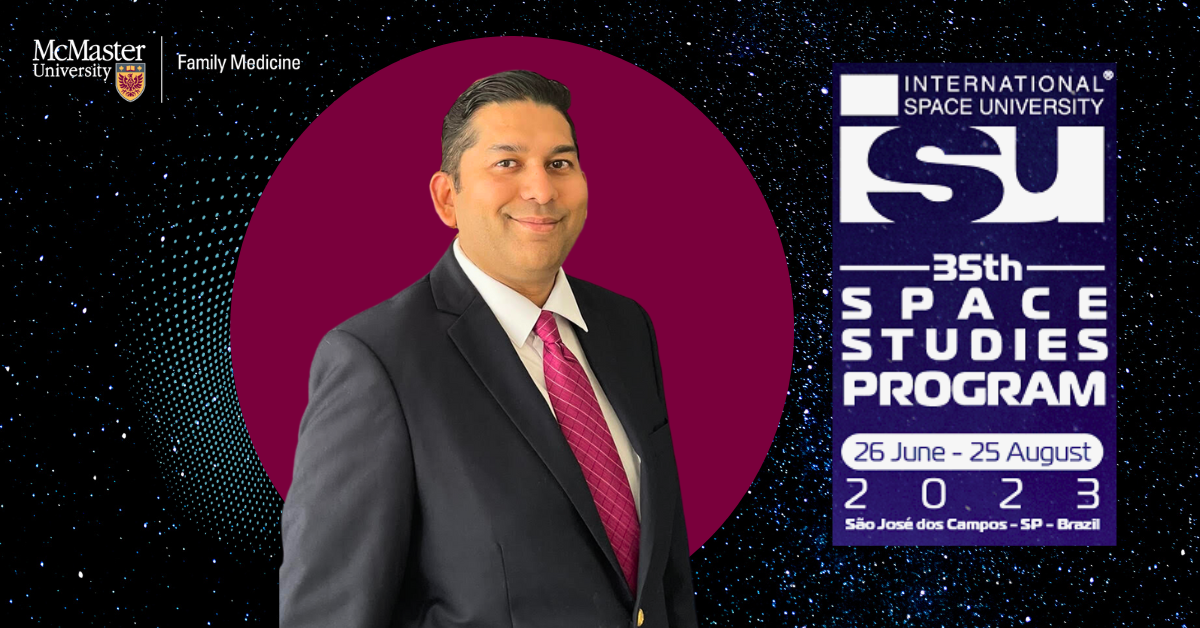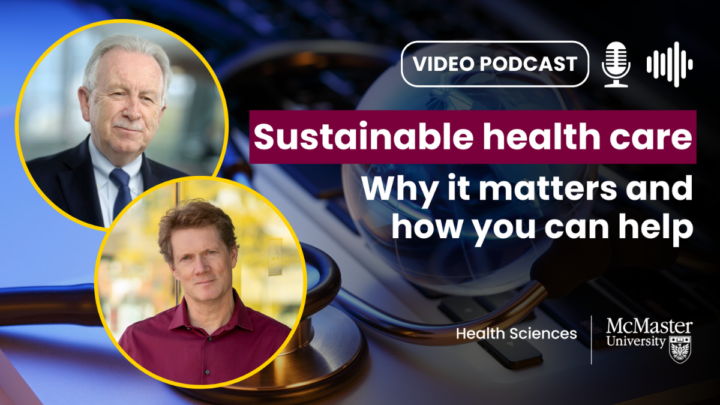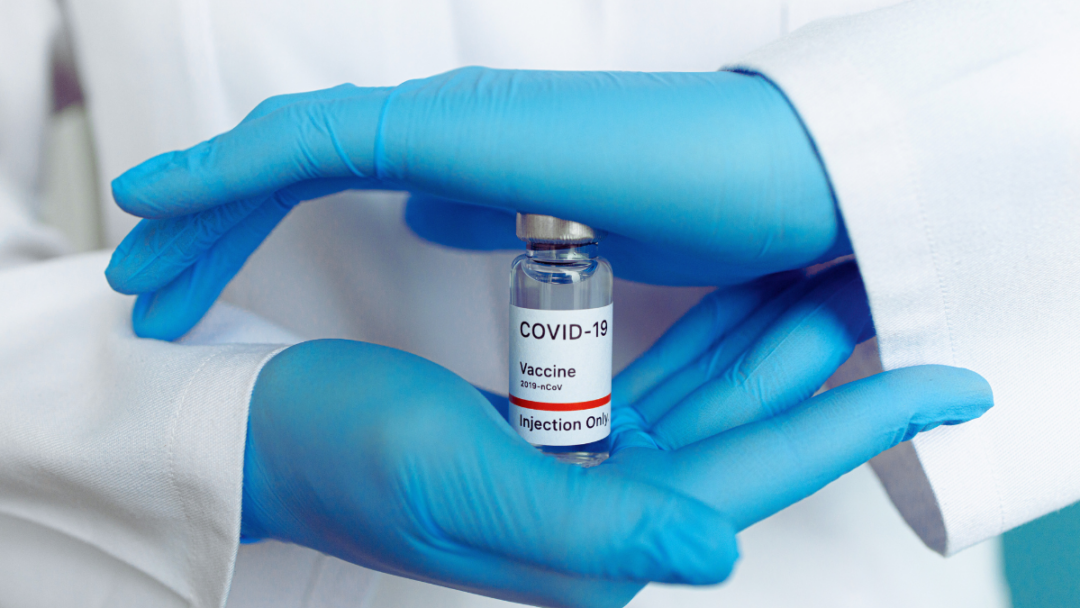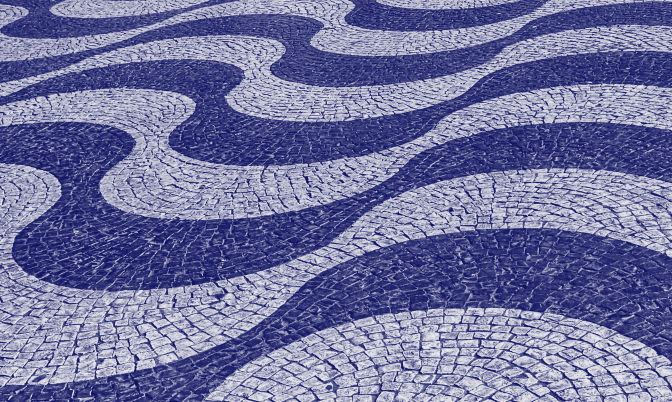‘A full-circle moment’: McMaster family doctor leading international space studies program in Brazil

Farhan Asrar first became interested in exploring space medicine during his residency training in 2010 at McMaster University.
Today, the assistant clinical professor (adjunct) of Family Medicine is leading an out-of-this-world experience as the co-chair of the Department of Human Performance in Space in the International Space University’s (ISU) space studies program.
The ISU is a renowned international program taught around the world to educate professionals and learners from over 30 countries about various aspects of space.
“It’s a full-circle moment for me and it’s very inspiring to get to work with colleagues who have accomplished a lot in the field,” said Asrar.
During his residency in Public Health and Preventive Medicine and Family Medicine, Asrar was awarded a scholarship to attend the International Space University’s space studies program. Now, he has returned as the co-chair of the Department of Human Performance in Space alongside Dr. Judith Hayes, chief science officer of NASA’s Human Health & Performance Directorate, and working with other renowned experts in the field.
This year is the 35th annual space studies program is taking place in Brazil in conjunction with Brazil’s National Institute for Space Research and the Aeronautics Institute of Technology. The program is sponsored and supported by several international space agencies including NASA, the Canadian Space Agency, the European Space Agency and others.
As co-chair of the Department, Asrar is responsible for organizing educational activities, workshops, lectures, and events related to space medicine, space physiology and related areas.
He delivered the core lecture on space medicine to all program participants, and over the course of the program, he will be involved in department-specific events including the risks of long duration space flights, the bioethics of space, long duration space flight, working in extreme environments, extra-vehicular activity (also known as space walks), applying sports medicine principles in space medicine, behavioral and mental health, and other areas.
As a practicing family physician, Asrar feels that there are a lot of lessons to be learned from space that can be applied back on earth. He has led research and publications on the role that space technologies can play in areas like infectious diseases and environmental health.
“There are a lot of technologies that were developed for use in space that have become a part of our everyday lives, like GPS and infrared thermometers that became very commonly used during the COVID-19 pandemic,” said Asrar.
Asrar also likened the interdisciplinary nature of space exploration to his primary care practice.
“It takes a team of experts to get astronauts into space. From their space suit to their nutrition, to the laws and policies that govern space exploration. It’s similar to here on earth, where I collaborate with other health care providers like nurses, pharmacists and dietitians to provide the best care for my patients.”
When asked if he aspires to go to space, Asrar responded, “my focus is on health, but I would never say never.”
NewsRelated News
News Listing

November 8, 2024

October 1, 2024

